Aga Khan Development Network urges International Community not to abandon Afghanistan
AKF's Michael Kocher spoke at the United Nations' High-level Ministerial Meeting on the Humanitarian Situation in Afghanistan
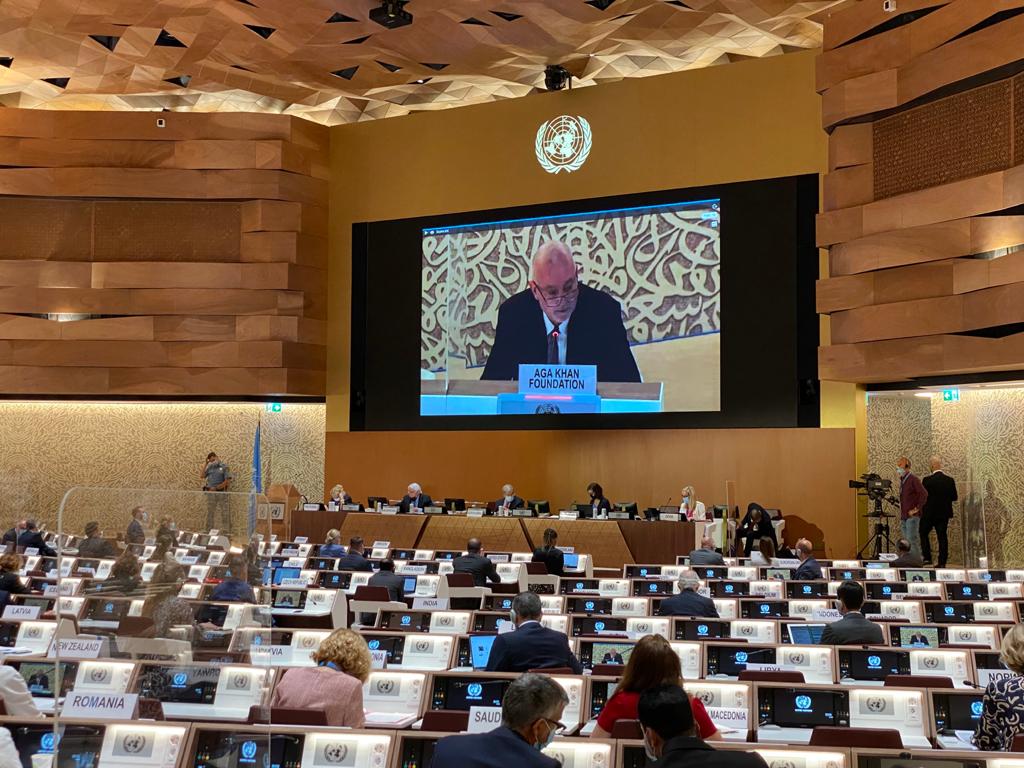
The Aga Khan Development Network (AKDN) today urged the international community to remain engaged and to act, with compassion and foresight, to address dire humanitarian conditions in Afghanistan.
In a statement delivered by Michael Kocher, General Manager of the Aga Khan Foundation, at the invitation of United Nations Secretary-General António Guterres at the High-level Ministerial Meeting on the Humanitarian Situation in Afghanistan, the AKDN affirmed that its commitment to the people of Afghanistan remains unshaken.
The agencies of the Aga Khan Development Network have worked at the community level for more than three decades to support and help the Afghan people realise their aspirations for a better life.
At the institutional level, AKF and AKAH will strengthen the physical and personnel asset base at seven Tehsil Headquarter hospitals by building capacities of health staff and first responders using integrated training modules on emergency preparedness, response, and management; conducting mass casualty management planning; providing medical first responder kits; and rehabilitating water and sanitation facilities to ensure adequate functionality in the case of mass casualty incidents. The project will directly benefit 74,000 people (48% female), including local communities, vulnerable groups, and health workers.
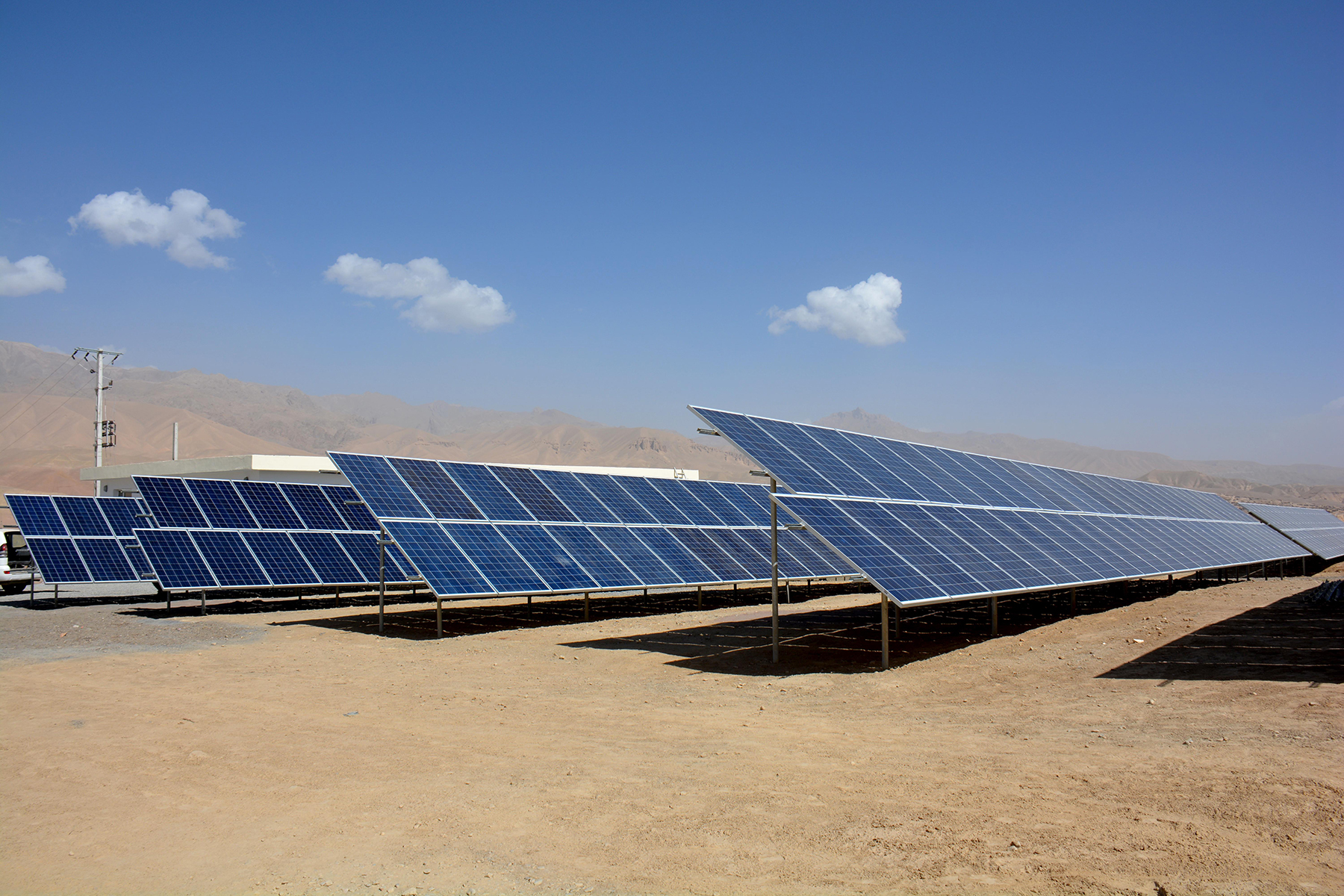
“Now is the time to be present, remain in dialogue and work together with communities towards peace, cohesion, opportunity and prosperity.”
Michael Kocher, General Manager, Aga Khan Foundation
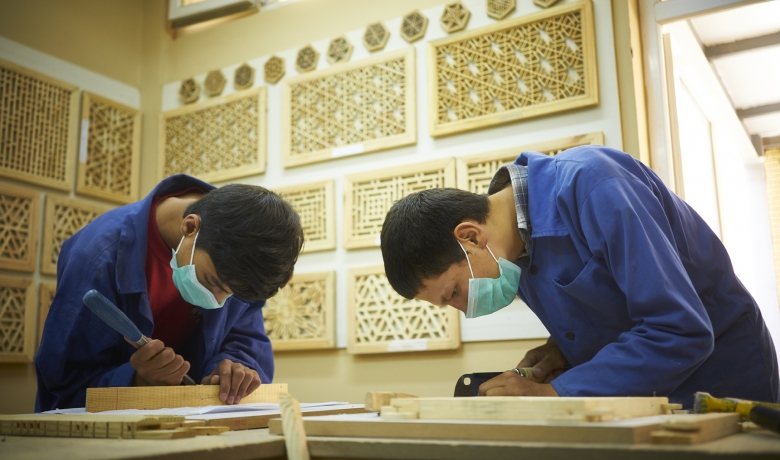
With its 10,000 Afghan staff, across numerous provinces, the AKDN in partnership provides: life-saving treatment and healthcare for millions; education for hundreds of thousands of girls and boys; rural infrastructure such as energy provision, roads, bridges, and irrigation canals; economic opportunity and support for family incomes; natural disaster and climate change resilience; connectivity and communications; professional training and continuing education for women and men; and restoration of cultural heritage.
“This work is ongoing,” Kocher said. “Experience teaches us that determined, transparent and inclusive engagement – led and driven by Afghans in their communities – can and does take root and succeed. And bring real and lasting change.”
“Let us not turn away from decades of progress,” stated Kocher. “Or the two-thirds of Afghans under the age of 25, that have lived under the shadow of war – but with hopes and aspirations intact. We owe them dignity – the promise – of standing together in facing the future.”
Kocher called upon the international community not to abandon Afghanistan’s longer-term development given the profound consequences of doing so. “Conditions are dire,” he emphasised. “Healthcare, education, food security and the economy are under profound strain – at risk of collapse,” he urged, emphasising that the following immediate and corresponding measures need to be taken quickly if Afghanistan is to avert a prolonged crisis of shocking, destabilising proportions:
- Arrange food aid, medicines and work programmes to stave off desperation;
- Authorise direct support to healthcare and education providers;
- Restore the banking system to facilitate international transfers, allowing financial support and access to markets; and
- Unblock assistance previously authorised for direct relief as well as the tools and means to reduce future dependency.
The High-level Ministerial Meeting was convened by Secretary-General Guterres to highlight the acute needs in Afghanistan and underscore the urgent funding support and actions required by international partners to support the people of Afghanistan.
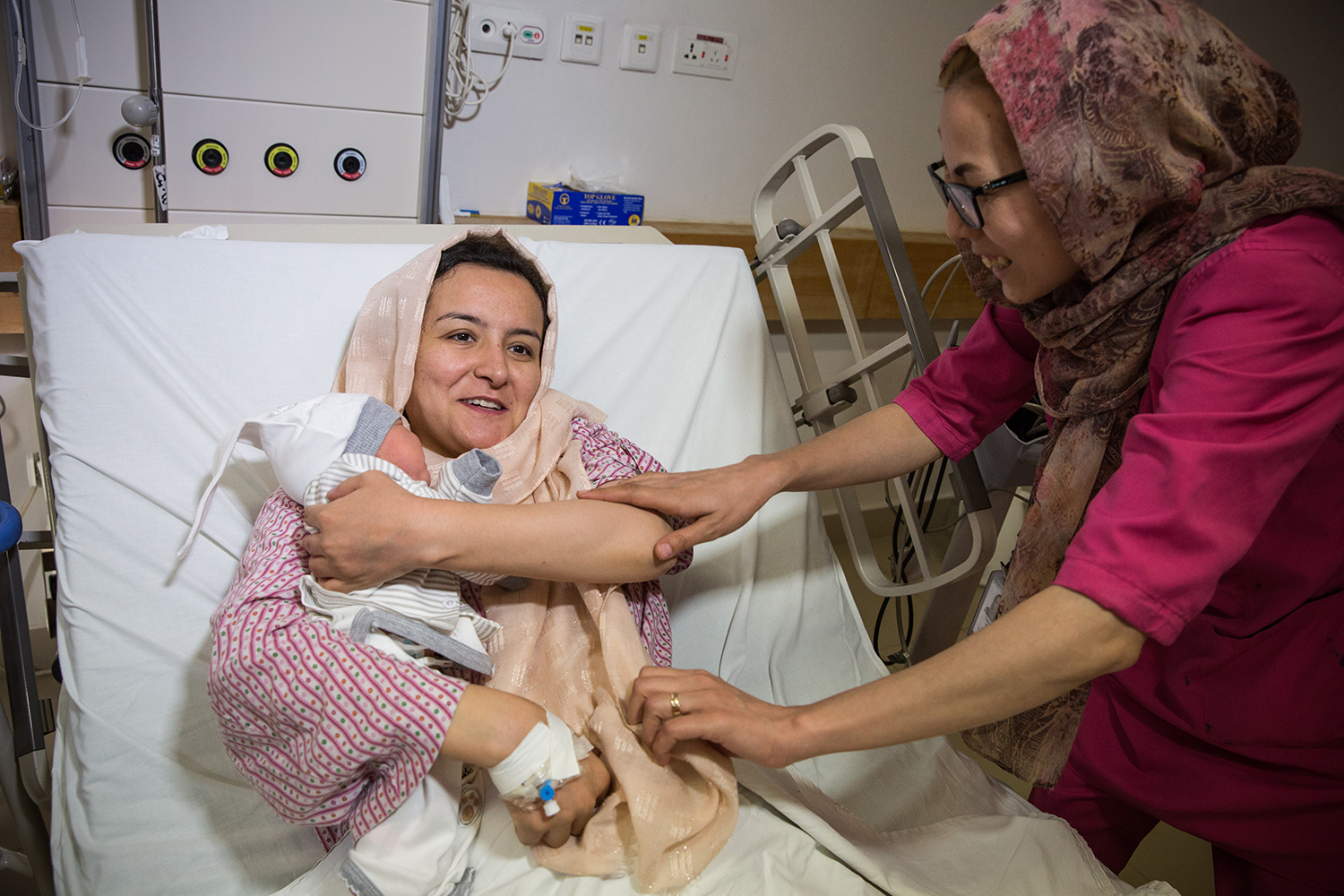
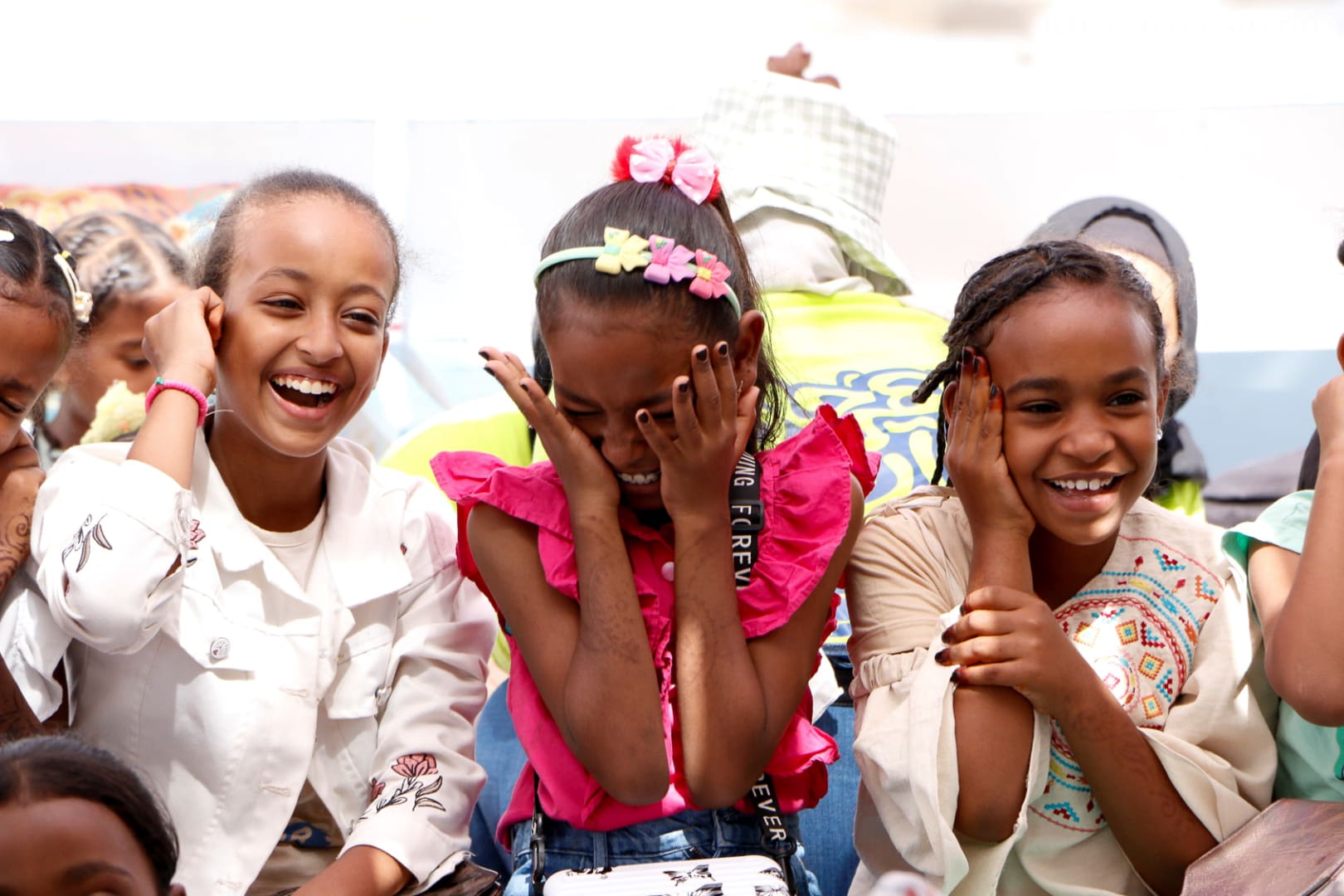
Support our work Your donations are helping us build a future where we all thrive together.